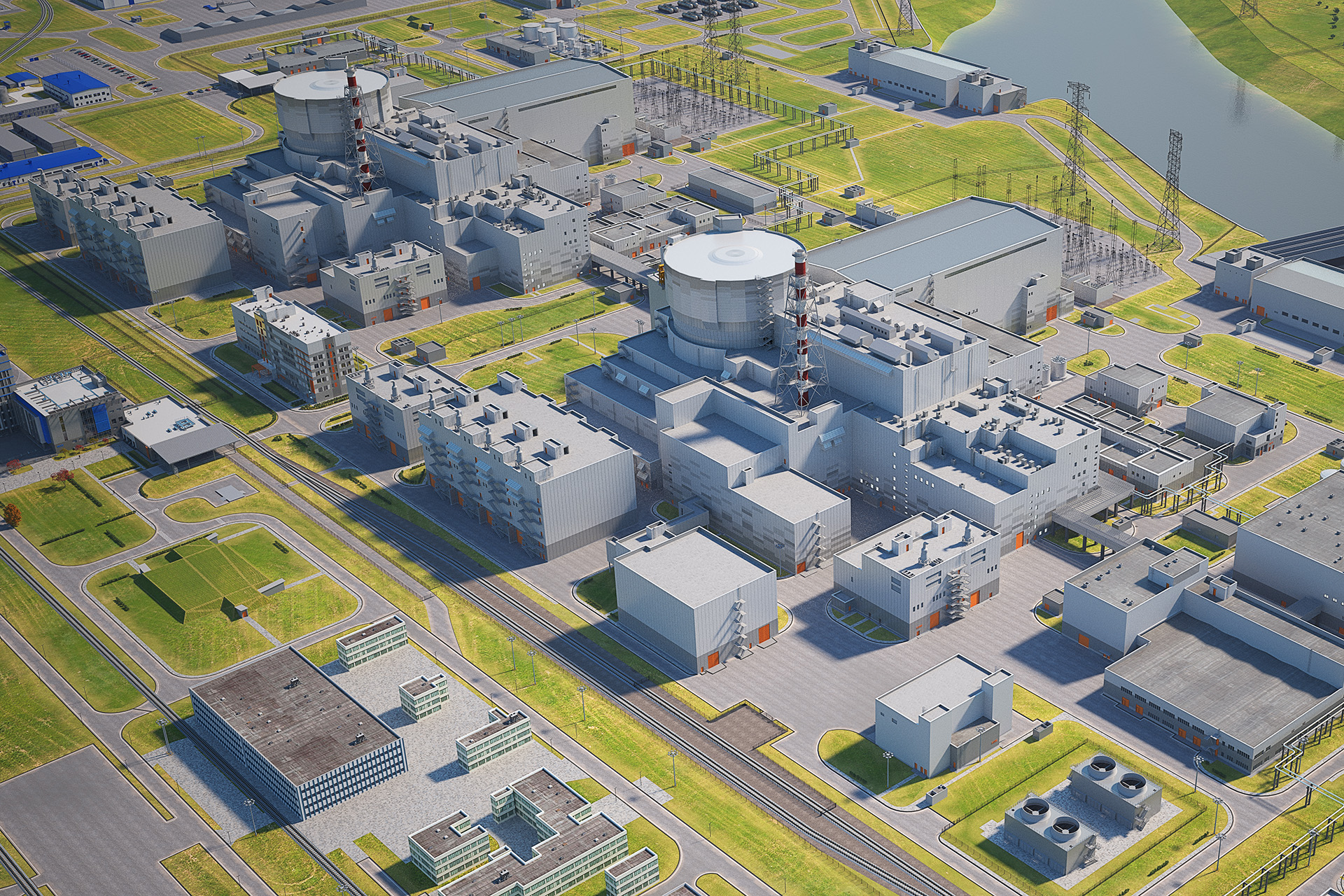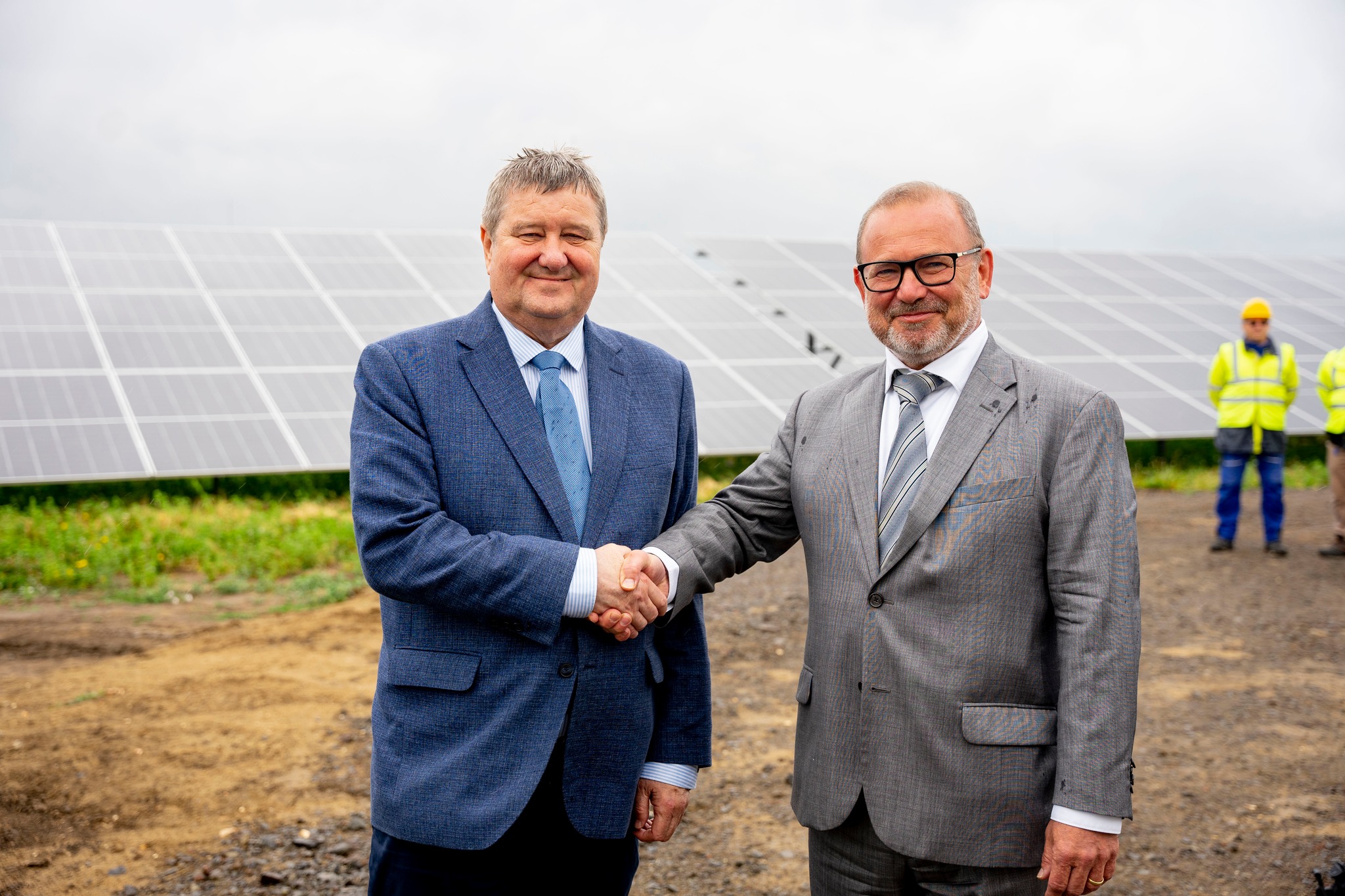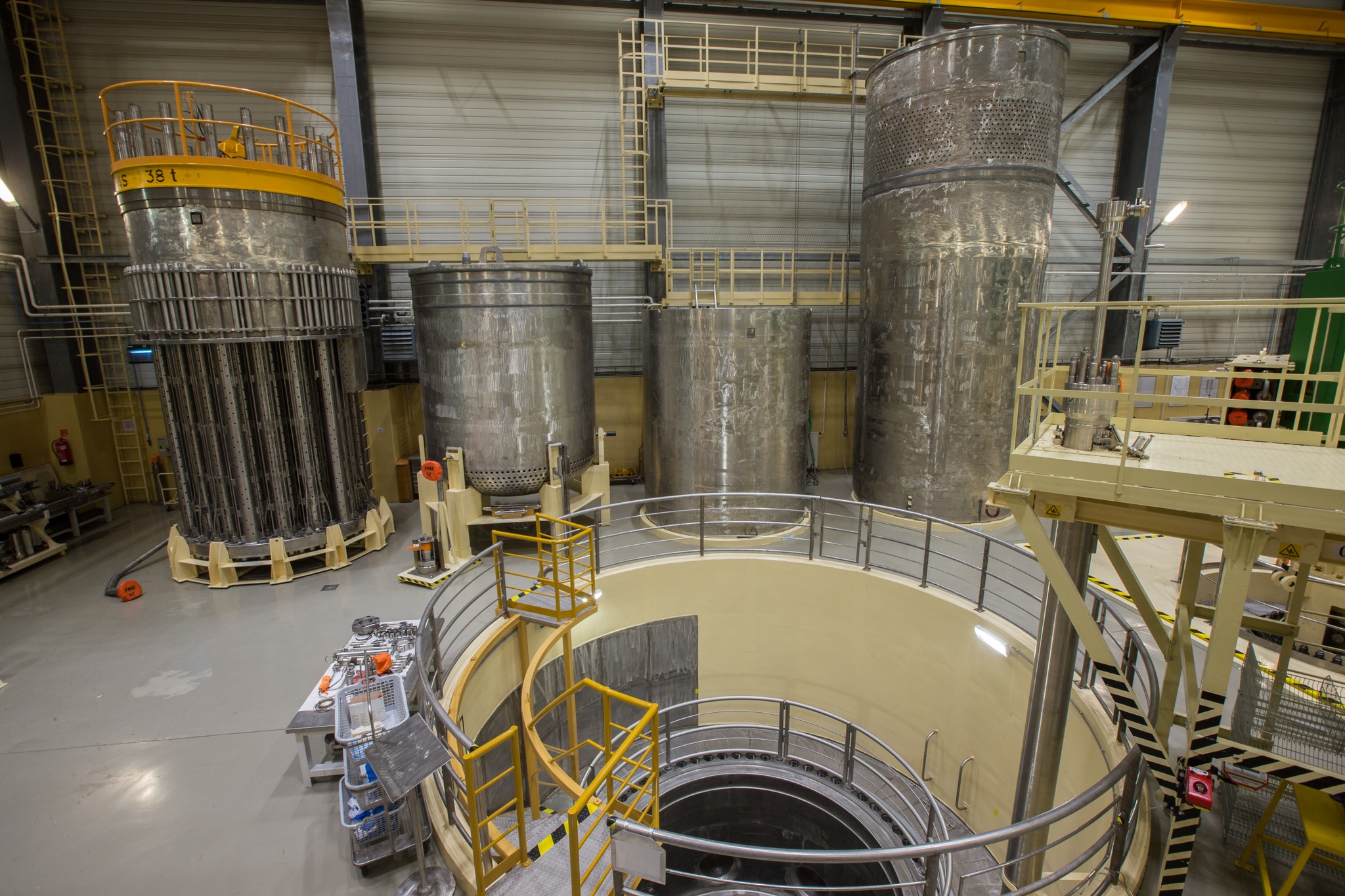
The Paks project guarantees the long-term security of Hungary's energy supply, Foreign Minister Péter Szijjártó says.Continue reading
The earliest time Hungary could be considering the procurement of one or more small modular nuclear reactors (SMRs) is 2029-2030, Index reports.
Energy Minister, Csaba Lantos, explained that there are already many plans for SMRs, but only one is operational, in Hainan, China.
In an interview published by Világgazdaság, he said that the Romanians have signed a similar contract with an American company, while the British have signed a contract with Rolls-Royce. He added that he had seen at least fifteen plans for such technologies. Each one is different, as no nuclear power plants in operation today are the same.

Csaba Lantos (R) and András László Tállai MP (L) at the inauguration of the largest solar power plant in Central Europe. Photo via Facebook/ Tállai András László
As a key difference, he highlighted, that while the nuclear power plants are all individual products, the manufacturing technology for the much smaller SMRs will be standardized. As a result, these series reactors are expected to be much cheaper to produce and hopefully faster to license, build, and expand.
In Hungary they could be installed somewhere in the eastern part of the country, but other locations are also being investigated.
The Minister also highlighted that he would like to see all four existing Paks units – due to be decommissioned between 2032 and 2037 – last another 20 years longer, however, this is not a political decision but a technical issue.
He said that in the next decade, Paks II could generate 4,400 megawatts with all six units operating together. The nuclear power plant (when running at full capacity) provides one third of the country’s total electricity demand.

The nuclear power plant of Paks. Photo via Facebook/MVM Paksi Atomerőmű Zrt.
Over the past 16 years, domestic GDP has grown by 69 percent, while total energy consumption has fallen modestly since 2005, meaning the energy efficiency of the economy is improving. The minister says that this decline will continue, however, electricity demand will rise, by up to 50 percent. Paks II is important precisely because of the growing need for electricity, and its two new units are expected to produce half of the country’s electricity for over 20 years.
Via index.hu, Featured image via Facebook/China National Nuclear Corporation